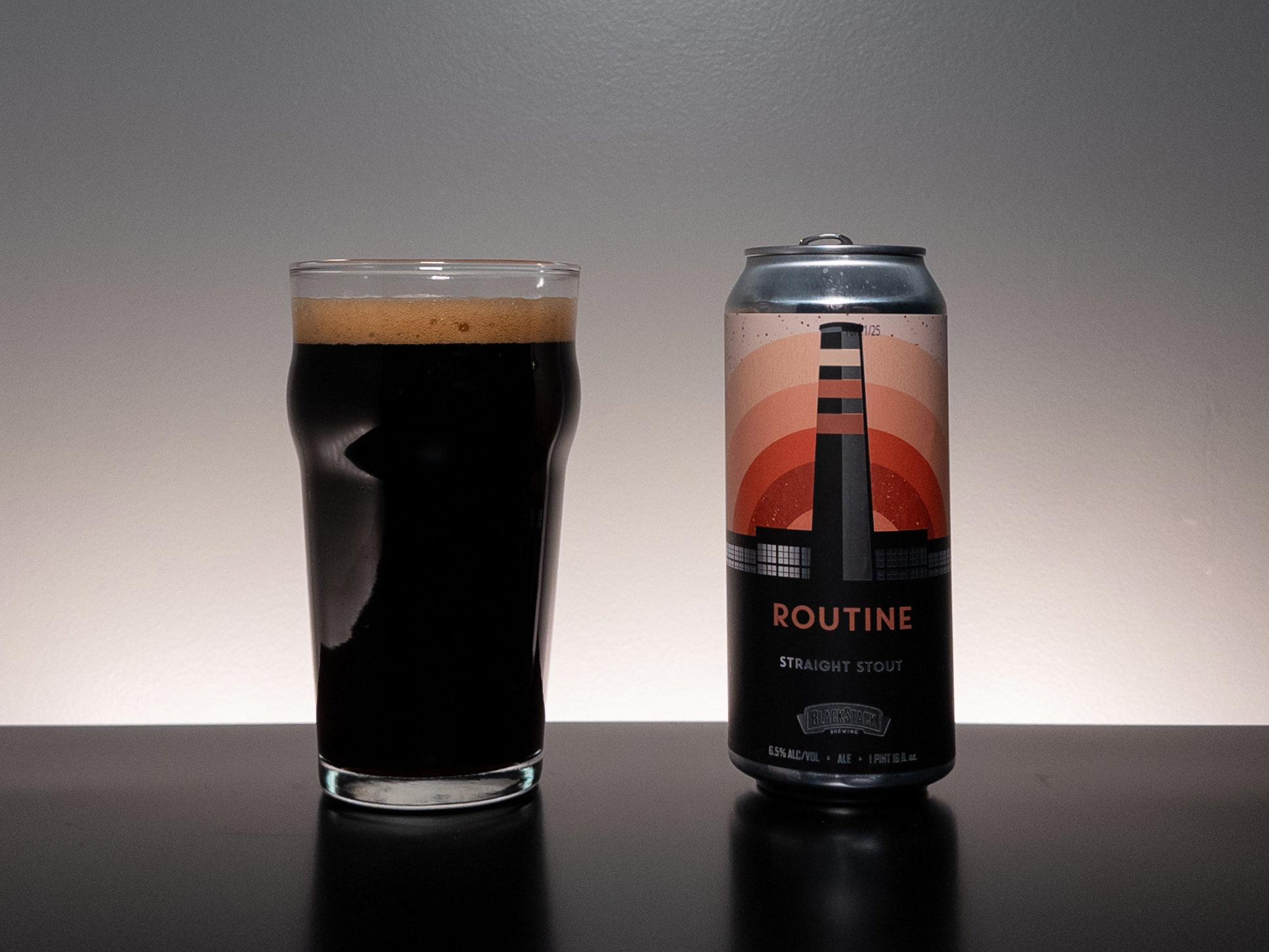Welcome back to The Flyover, your daily digest of important, overlooked, and/or interesting Minnesota news stories.
State Fires Guy Who Loves to Talk Shit
Weird one in the Reformer today: Derric Pennington, an economic policy analyst for the Minnesota Pollution Control Agency, was fired for his dedication to talking shit on LinkedIn. Specifically, Pennington's termination stems from engaging a Cargill employee in a heated DM exchange that the purportedly evil Wayzata-based agribusiness giant characterized as "unprofessional."
“Its been a way for me to engage both my right and left brain when communicating my science and to publicly critique the many private and public policy solutions being proposed to chart society and business on a more sustainable course,” Pennington, god bless him, says of his proclivity to post.
Undeterred by a reprimand, Pennington continued to post original hand-drawn political cartoons to his LinkedIn audience of 7,500, but by then he'd removed MPCA from his bio to avoid the agency's concerns that he was "represent[ing] MPCA’s views." Last November, Pennington couldn't help himself when Cargill, a massive polluter, bragged about its regenerative ag program called RegenConnect—he called bullshit, and shortly thereafter got canned. (His union protections hadn't kicked in yet due to being days shy of his six-month anniversary.)
Reporter Madison McVan spoke with two experts, both of whom described the case as tricky. "Unlike private employers, public employers like MPCA are governed by the First Amendment," McVan writes. "But the state can still fire employees when managers believe the employee’s speech 'interferes with the agency’s interest in maintaining an efficient and effective workplace.'"
Ultimately, according to Twin Cities employment/constitutional lawyer Marshall Tanick, “I think (MPCA) overstepped their boundaries, and I think they lack good cause to fire him under these peculiar circumstances."
Cargill and MPCA declined to comment.
RIP to 2 Local Food/Drink Guys
We're big fans of Falling Knife Brewing Co., and are saddened to report that Tom Berg, the brewery's owner/chief brewing officer, died unexpectedly at his home over the weekend. He was 46. Open in northeast Minneapolis since 2019, Falling Knife became a hub for celebrating Berg's beloved T-Wolves. Berg's hop-forward brews take inspiration from Belgium and Germany, and Racket's beer columnist loves 'em. Here's how the Falling Knife Team team mourned their late owner earlier today via Facebook...
We are devastated to lose our dear friend, the visionary architect of what Falling Knife brews, and a guiding force in what we are and do. There was nobody more passionate about Falling Knife, beer, and his friends. If you ran into him in the taproom during a Wolves game, at a show celebrating his love of music, or out at one of his favorite spots in town, you were immediately wrapped up in his warm personality as he welcomed you as he would his closest friends. Whether his lifelong work in the Minneapolis music scene, his passion for the Minnesota Beer Community at large, or just meeting him out and about in the world, it felt like everyone knew Tom. And to know Tom was to be loved by him. We’re closing for the evening to grieve this monumental loss. We will pass along information for a larger gathering as we talk with Tom’s family and respect their wishes for honoring him. Take care of yourselves and each other.
David Burley, co-founder of the local Blue Plate Group restaurant empire, was killed by a motorist while on his motorcycle Sunday afternoon along I-94 near Hudson, Wisconsin. He was 58.
The driver, 33-year-old Brooklyn Park man Andre Lamont Mathews, “attempted to overtake traffic by using the right shoulder,” according the Wisconsin State Patrol, causing a collision between his vehicle and Burley's motorcycle at a concrete median barrier. Burley died at a nearby hospital; Mathews, who's being charged with homicide by intoxicated use of a vehicle, was taken to St. Paul's Regions Hospital where he was treated for non-life-threatening injuries.
All Blue Plate establishments—including Freehouse, The Lowry, 3 Squares, Longfellow Grill, Edina Grill, Groveland Tap, and Highland Grill—were closed to honor man who co-founded the company in 1993 with Stephanie Shimp.
“Losing him so suddenly is overwhelming—a painful shock that has left me and our entire Blue Plate family grieving a loss too deep for words,” Shimp, who was once married to Burley, says in a statement. “David’s passion and kindness were the foundation of everything we built together. We will profoundly miss his spirit, energy, and irreplaceable presence."
Let's Talk Architecture!
Longtime readers of Strib columnist James Lileks may have noticed a lengthy detour into inane humor columns, in which the author would smirkingly muse on the low-rent PR listicles that clog journalists' inboxes. Well, I'm happy to report: Lileks is good again! The veteran Stribber's beat recently pivoted back to local architecture and urbanism, and the resulting work has been thought provoking, enlightening, and, in the case of Saturday's column, historically important.
In it, he bemoans just some of Minneapolis's irreplaceable architectural treasures that've met the wrecking ball. There's was the castle-like Federal Building (1899) at Third & Marquette, the arch-tastic Oneida Building (1888) at Fourth & Marquette, the towering Wesley Temple (1928) at downtown's edge, the squatty Kresge Building (1929) that became City Center, and "everything lost for the IDS Center." Concludes Lileks…
The scythe of progress leveled most of them for parking lots or shiny new towers. It’s a bit sad to know they’re gone. It’s much sadder to know that few today remember them. A city is more than landmarks. It’s the average building, the ungainly old ogre, the faded remnant, the humble block of shops. When you realize all that’s gone, you might well think: If we could have traded the Metropolitan Building for all the smaller unsung structures, the ordinary blocks of humble shops and sooty old towers that just needed some love, we’d be a better city today.
How about some less depressing news on our build environment? The entire damn team at MSP Mag joined forces for a sprawling feature billed as, "A Field Guide to Urban Exploring: Architecture Edition." The story explores places you'd expect, like the Basilica of Saint Mary and Minneapolis City Hall, while paying homage to some of the greats, like architect Cass Gilbert. Lower-profile buildings like Butler Square and the Pierre Bottineau Library get their due, as does the IDS's Crystal Court—sorry Lileks!
End of an Era: Strib Killing Many of Its Remaining Coin Racks
Star Tribune editor Paul Klauda spotted yet another sad harbinger of the dying print news biz over the weekend...

"End of an era, for a reason you might not expect," Klauda writes via Facebook. "These Star Tribune contraptions—referred to in newspaper jargon as coin racks or vending boxes—are going away, if they haven't already, across the Twin Cities area. A letter on top of the box said it was effective Monday, the last day of March... So long, old friend."
We reached out to Vice President of Jeff Sebesta, the Strib's VP of Circulation Operations and IT, who provided the following intel...
We have decided to pull most coin boxes that we service ourselves (this means an employee collects the coin). This means about 35 coin boxes are being pulled. You will still find coin boxes serviced at the VA and in places scattered throughout the state. In these cases, it is up to our distributors to decide where to place and service coin boxes.







